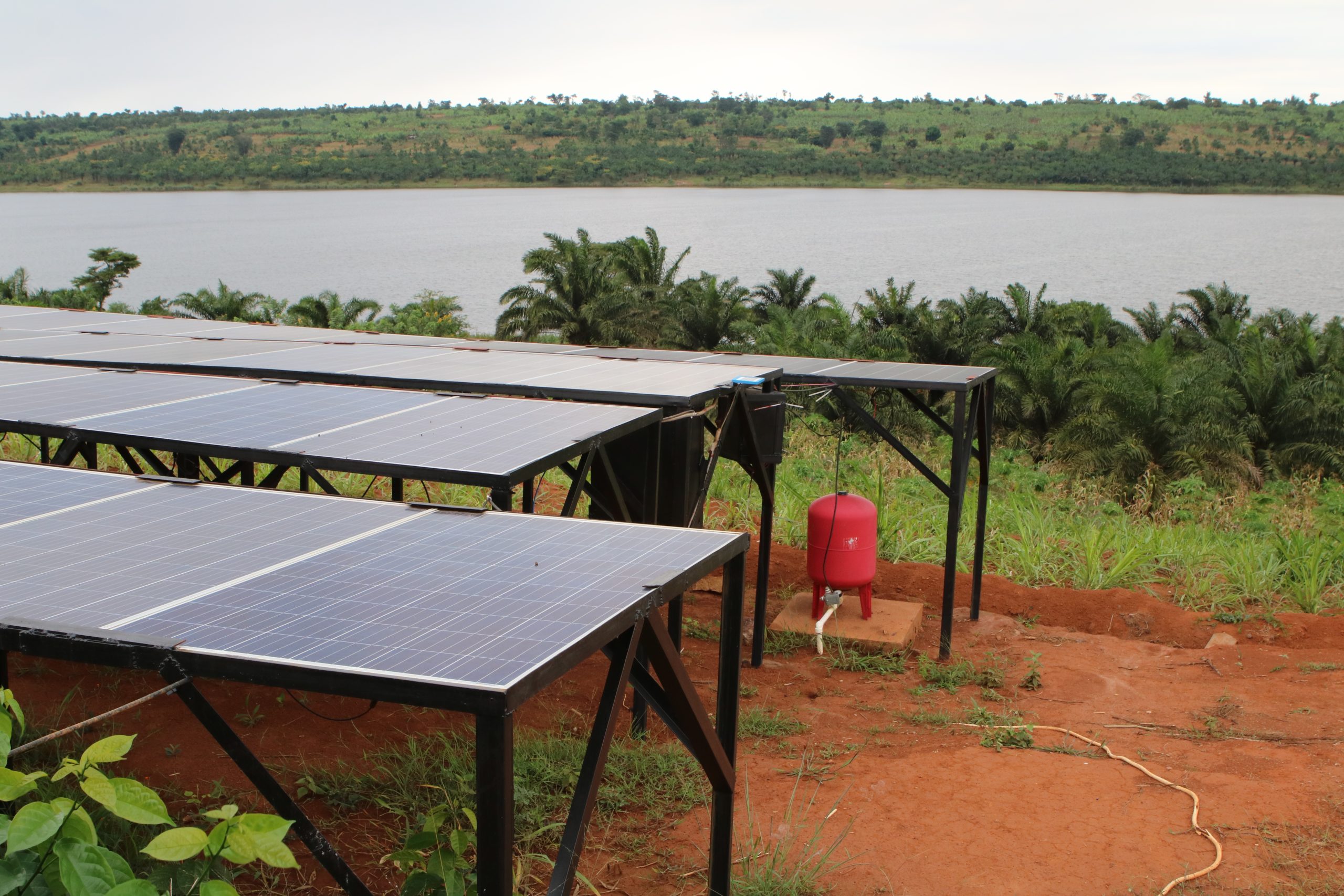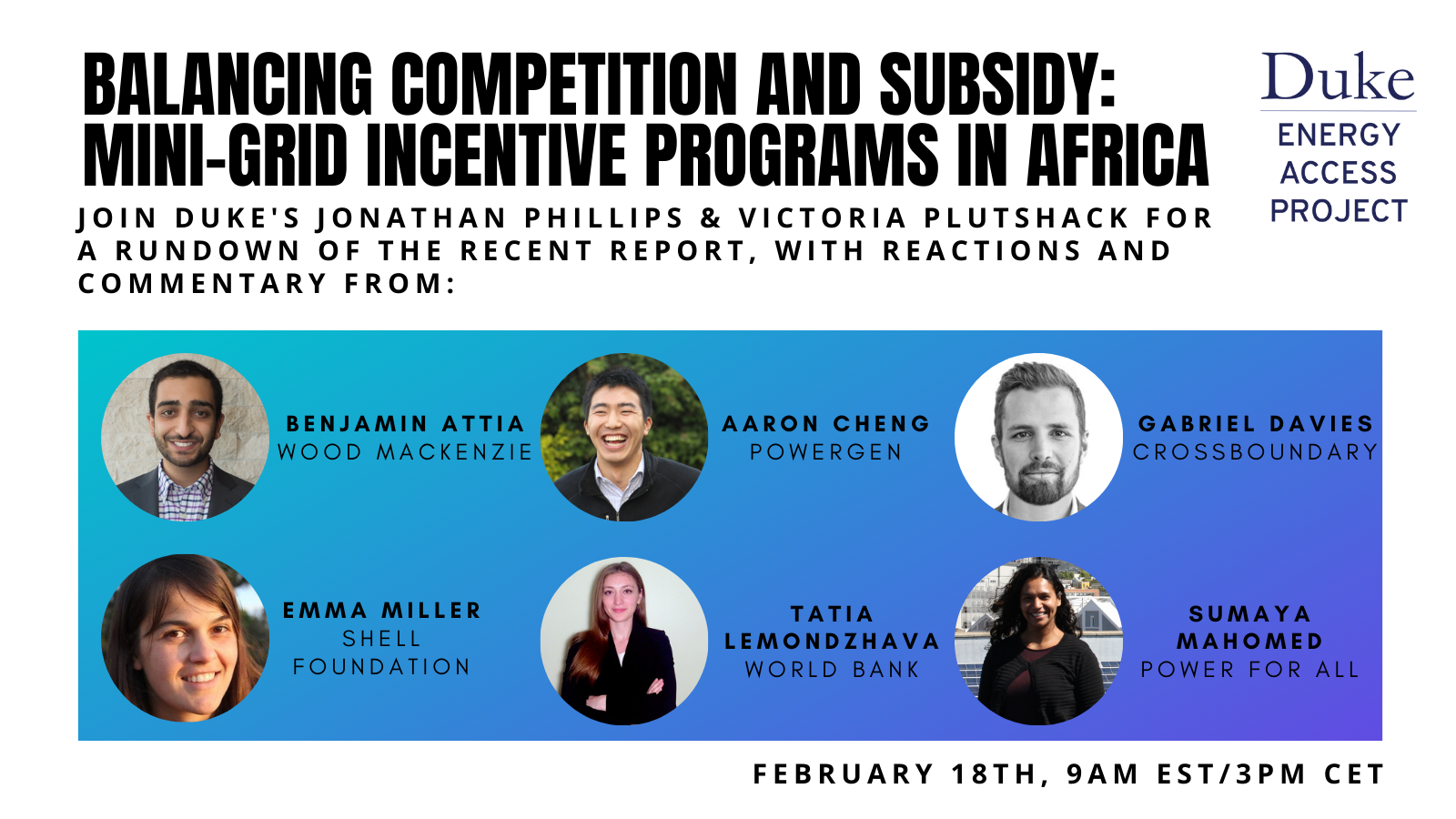
Modernizing Energy Access Finance
A decade of innovation has sent the cost of solar and batteries plummeting, enabled the Internet of Things, and produced ultra-efficient equipment and appliances, opening the door for renewable off-grid energy systems to play a central role in achieving Sustainable Development Goal #7: affordable, reliable, sustainable, and modern energy for all. Off-grid platforms like mini-grids and solar home systems are projected to be the low-cost source of electricity for 70% of unconnected rural customers over the next decade, but less than 2% of the $36 billion in annual investment flowing into electricity access is going to off-grid solutions. Very few countries have agreed upon a technology, financing, and service model to support the scale-up of off-grid systems to reach poorer rural communities. Critical benefits that off-grid technologies deliver across health, climate, gender, and security indicators are being left on the shelf.
The James E. Rogers Energy Access Project at Duke targets this disconnect, mobilizing public and private data to produce innovative research and thought leadership that cuts across geographies, disciplines, and time to frame key issues at the level needed to thaw institutional inertia and facilitate alignment around financing. We’re exploring how appliance financing and tariff policies can improve mini-grid demand in East Africa; helping design integrated on- and off-grid commercial models in Uganda; and identifying lessons learned from past electrification programs to help governments and development partners optimize off-grid programs today.







